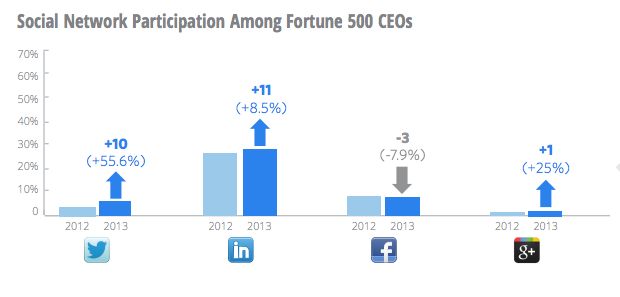Twitter is rapidly changing the way we communicate, and different people use it in different ways. A few days back, as I was going through the some tweets, I was quite impressed by the way Anand Mahindra (Managing Director of Mahindra&Mahindra and an MBA from Harvard) was using it.
Anand was participating in a CEO conference and asked twitterers to send him some ideas regarding some plausible and implausible developments in business over the next decade. He got several ideas which prompted him to say “Prolific&excellent inputs fr which I’m grateful…It’s ‘cloud’ brainstorming lk cloud computing.Will retweet some….” (I like the expression “cloud brainstorming“)
One plausible idea that he retweeted was “barriers fall completely using real-time translators revolutionizing 1-to-1 commerce”. This caught my attention, as language translation is part of my daily life and fired up my imagination. Image what would happen if I could talk in my mother-tongue to anyone, anywhere in the world.
I lived in a multi-lingual atmosphere in India till a few years back, but technology was not available for real-time translation(RTT) at that time. Even though I had seen my East Asian classmates in US using the translators to aid their studies, my most interesting personal RTT experience came during my apartment hunting days in Shanghai.
During my apartment search,for some reason, my non-Chinese friend accompanied me to a property agent. My friend knew only basic Mandarin, and we were getting stuck at several points, unable to communicate our thoughts. We even tried sign language with limited success. Fortunately,the property agent was very internet-savy. She quickly typed something on her computer and then pointed to the screen. We realised that she was using Google translator to communicate with us. Even though many of the translations were hilarious, from the context of the situation we could understand what she wanted to tell us. Once I understood that, I typed in my response in English and used the tool to translate to Mandarin – Real-Time Translation at it’s best.
Currently I am in a German speaking environment and I use some of the online translators daily – Yahoo Babel Fish, Google translate. But the difficulty is that I have to type in each word in these translators. This cannot be avoided while reading a German book, but hated it when I had to copy and paste whole webpages to one of these translators. That was till I learned about the features in Google tool bar.
What Google tool bar does is to automatically translate the entire webpage to the desired language. This comes in very handy when I have to get some information from a German website that doesn’t have an English version. Take an example of the official Switzerland Weather website – http://www.meteosuisse.admin.ch/web/de/wetter/detailprognose.html . If you are on a German page and have a Google Tool bar, the toolbar will ask you which language you would like to translate it to. There are several languages available, including Hindi, Chinese and Greek. 
In fact, Google’s subsidiary YouTube is also using this tool for translating the titles and descriptions of videos. Even though the translation is not perfect, I believe that it is rapidly evolving.
This brings us back to the idea that came out of “Cloud brainstorming” – will language barriers fall? I believe that it has already started falling and if technology can be developed for Real-time voice translation, the “linguistic barriers” will one day be completely demolished. The same way internet demolished the “information barriers“. The implications of this will be enormous. What do you think?
PS: Will someone design a face mask that prevents “Swine Flu” and also do voice translation?


